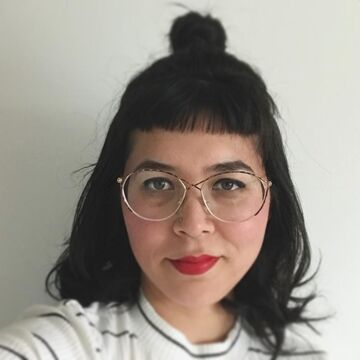

Danielle Andress
Associate Professor
Contact
Bio
Danielle Andress in an assistant professor in the Fibers and Materials Studies Department. Her work focuses on contemporary identity politics as mediated through popular culture and gendered craft and primarily takes the form of woven cloth. She previously taught at the California College of the Arts. Danielle earned her BFA from the Rhode Island School of Design in 2008 and her MFA from the California College of the Arts in 2017.